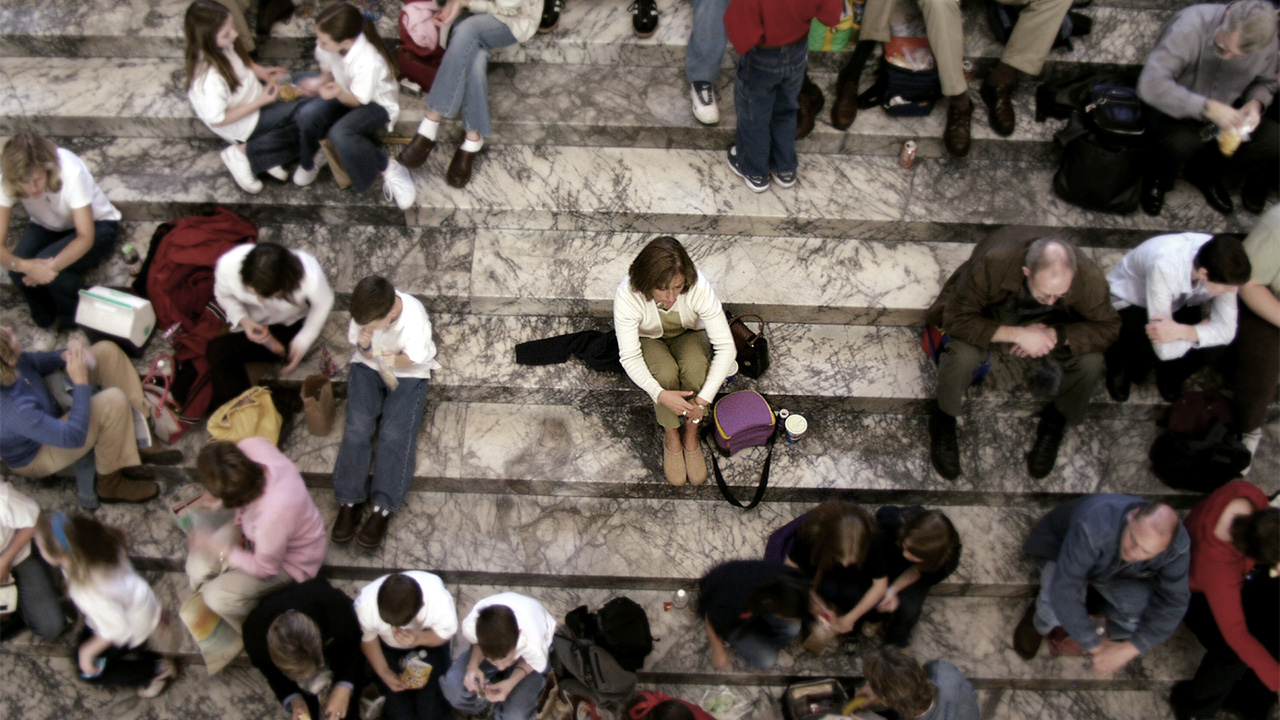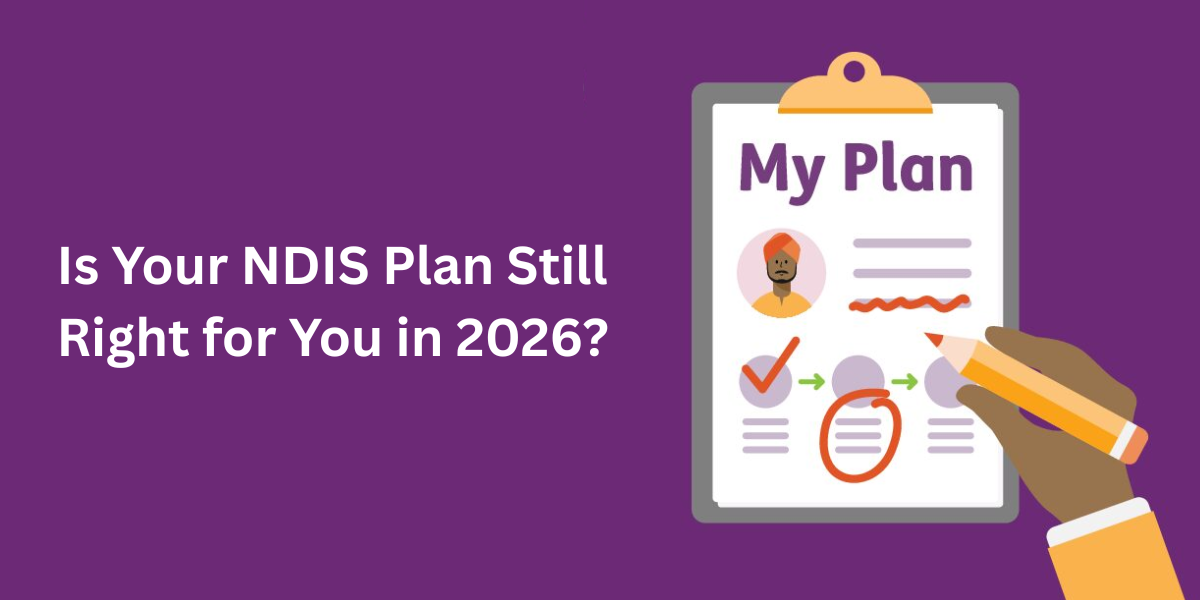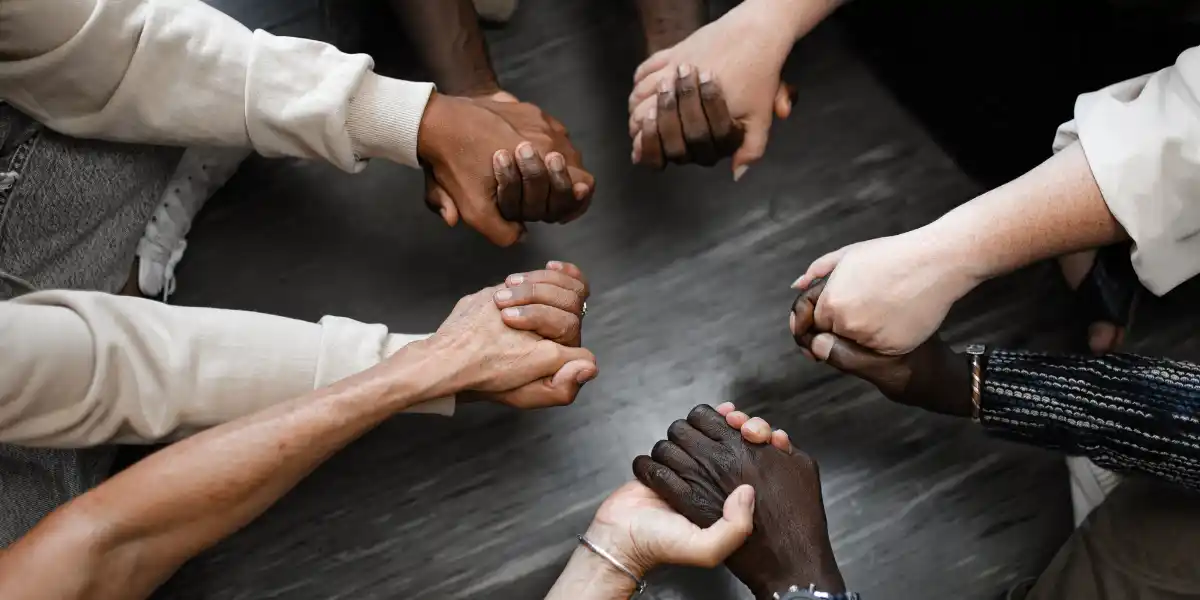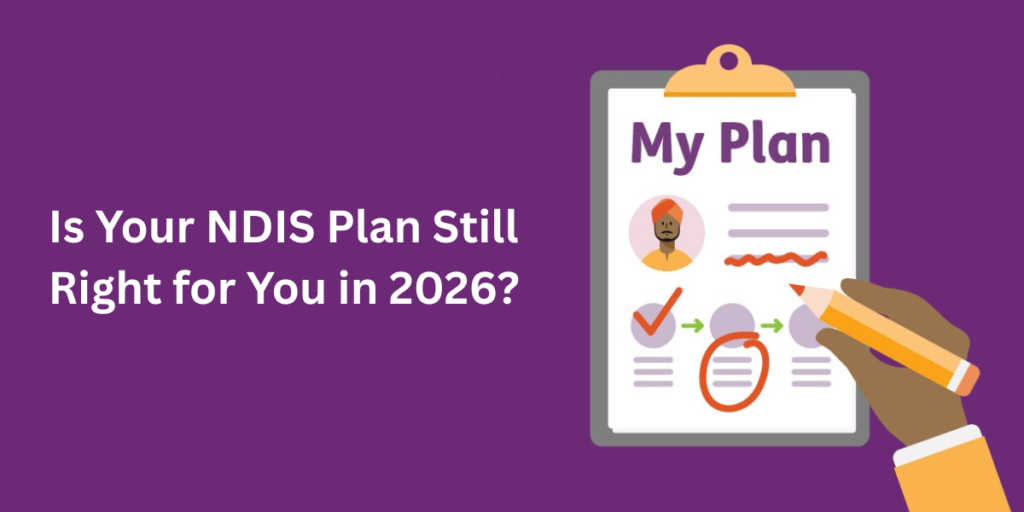Social isolation refers to a lack of contact between a person and society. It involves both physical and emotional disconnection from social interaction. Social isolation can affect any person at any age but are commonly seen in marginalised groups such as:
- Immigrants- this is due to language barriers, cultural differences, economic difficulties, and limited social connections
- Marginalized groups- groups that often face discrimination and stigma such as LGBTQIA+, and people of colour
- Older adults- Older people who often live alone. This can be complicated by reduced mobility, sight or vision and conditions such as dementia. Older people may also not have the skills to use social media, computers, mobile phones etc
There are numerous circumstances that can contribute to people being isolated from others or to choose self-isolation. These include:
- Intimate partner violence- It is common for people in abusive relationships to avoid contact with family or friends. This can result from control exerted from their abuser, hiding evidence such as injuries or shame.
- Significant life events- such as loss of a loved one such as parent, sibling, partner or child. This can be deeply traumatising and it is not uncommon for people to be depressed, anxious or avoidant of situations that may remind them of their loss.
- Mental health issues- Conditions such as anxiety and depression often result in people socially isolating themselves. Likewise social isolation can result in anxiety and depression. Other conditions such as schizophrenia can cause people to feel paranoid and avoid social situations.
- Isolated locations- People who live in geographically isolated areas are often separated from family and friends. This is often due to jobs such as farming, FIFO’s, military service etc.
- People with impairments/disability- This may be physical, cognitive or mental health. People with mobility impairments may find it difficult to access their community or there may be limited available or accessible transport. People may feel ashamed of their disability or appearance or places they need to access are not appropriately accessible such as ramps, safe walkways, stairs etc. If barriers are present, people often choose to not participate in activities. People may also need support to access their communities and this is often difficult to access.
- Social media- whilst social media can provide access to the outside world, it is becoming increasingly common for people especially young adults to spend ever increasing time on social media. It can become a substitute for person to person socialisation, meaningful conversations and learning social skills.
- Unemployment/ financial hardship – Socialising often requires money for transport and activities. If people have limited funds, they are less likely to engage in social activities.
- Caring responsibilities– people who are caring for others often neglect their own needs. The higher the level of care required such as aging parents, chronically sick children or partners can take up so much of that time that people lose sight of their own social needs. This could be due to time factors or feelings of guilt that they are experiencing things their loved one can’t do.
Environmental factors- such as disease outbreaks ie COVID, flu seasons, prolonged adverse weather such as hot seasons, community safety conditions etc
How bad is Social Isolation for us?
Social isolation can have a significant negative impact on our health and wellbeing. The longer the isolation, the more impact experienced.
Physically, Social isolation has been linked to conditions such as:
- Increased alcohol and substance use
- Poorer physical health such as high blood pressure, high cholesterol, obesity and impaired immune function
- Changes in brain function due to less stimulation as well as dementia
Psychologically, the impact of social isolation can result in serious mental health risks such as:
- Increased risk for depression
- Anxieties and phobias
- Loss of confidence and self esteem
- Reduction in communication skills
- A higher risk for suicide
- Antisocial behaviour
What are some indications that you or a loved one might be socially isolated?
- Spending long periods of the day alone with little or no contact with others
- Not having a close friend or confidante to share concerns with
- Rarely communicating with other people by text, phone, email
- Lack of meaningful, close, intimate connections with other people such as living alone
- Feelings of lethargy, sadness, loneliness
- Spending long periods of time in bed
- Lack of self care such as hygiene
- Hypersensitivity to environmental stimuli such as outside noises
- Avoiding social interactions, especially those once enjoyed
- Cancelling plans frequently
- feeling relieved when plans are cancelled
- Experiencing social anxiety, panic or dread when thinking about social interactions
Social isolation can be unintentional or involve emotional isolation. This is an unwillingness or inability to share feelings with others. When there is lack of emotional interaction and support, people can become not just physically detached but also emotionally detached from their own feelings known as being ‘emotionally numb’. This is a serious condition requiring immediate psychological intervention.
When should I seek help?
If a person starts experiencing any of the following conditions, help should be sought immediately:
- Confused thinking
- Delusions or hallucinations
- Extreme mood swings such as depression, fear, anxiety, teariness, anger
- Inability to cope with daily problems
- Feelings of self harm or suicide
- Extreme loss of weight
- Emotional numbing
What can I do to prevent adverse affects when I am required to socially isolate?
Research has identified that appropriate periods of social media can help people feel socially connected, especially adolescents who risk experiencing higher levels of social anxiety due o self esteem, identity and increased need for socialisation. Social media can increase their ability to socialise, stay connected and relevant and reduce their feelings of social isolation. Older people benefit from using social media by being able to maintain connections with family who may live elsewhere, and learn new skills which improves memory and other cognitive functions. It also provides greater independence and self- efficacy, confidence and personal satisfaction. This has a positive impact on mood.
Pets can play an integral part in the quality of people’s lives despite age, culture or cognition. Animals are great companions and bring both physical and mental health benefits. Animals contribute to routine and purpose.
Engage in Self-Care activities- learn to cook, try new recipes, follow a home exercise routine such as yoga or dancing. Listen to music or take up a hobby such as craft, painting, singing.
- Follow a routine. It is important to set daily routines as they promote a sense of purpose and normalcy.
- Stay connected- call, emailing, text or use other social media platforms to stay in touch.
- Stay informed- about what is happening in the world around you or in your community. Watch appropriate news channels or read the newspaper. Staying informed helps to stay engaged and feel part of the world around you.













